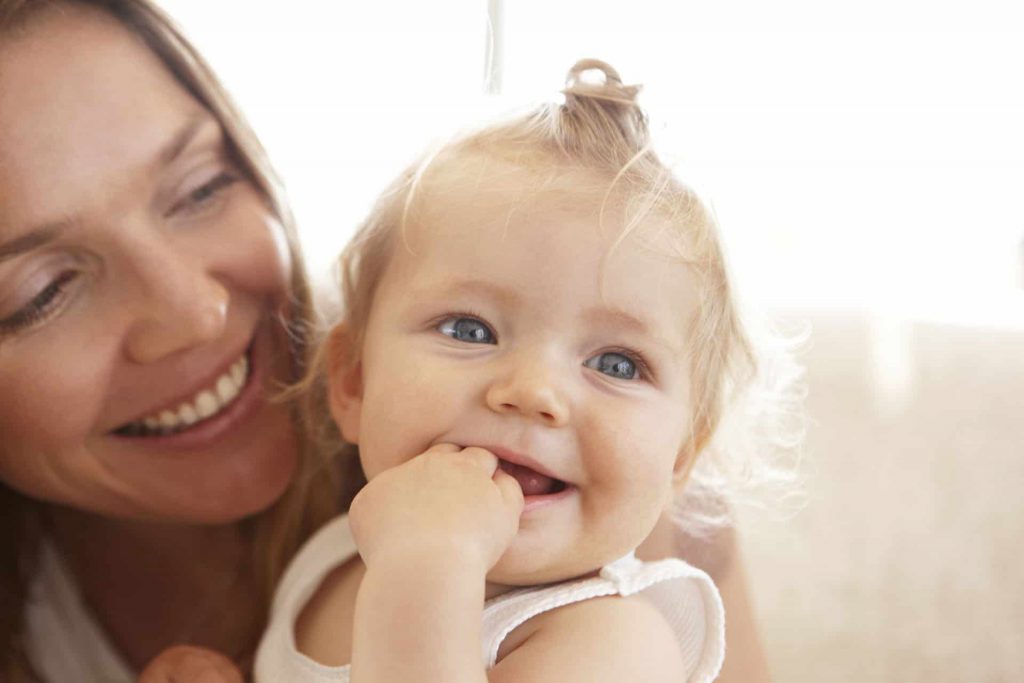Child Behaviour Q&As

Child Behaviour: Tricky Behaviour In Little Ones
Maggie Redshaw
Question: My two-year-old is being really difficult at the moment especially when we are out. Are temper tantrums a normal part of every child’s development?
Answer: As you probably already know, ‘temper tantrums’ are an emotional response and a way of expressing feelings. Hunger or tiredness may make a child more likely to behave in this way, but don’t worry, you’re not alone in this – very few children do not at some time express themselves in this way. I’m sure this is a really tough time for you and hope things get better soon.
Question: My first daughter rarely had tantrums, but her little sister has a lot of them… why do you think some toddlers are more prone to tantrums than others?
Answer: Some children are more likely to act out like this, but it's usually linked with the developmental stage they are at. It's fairly common with toddlers at ‘the terrible twos’. Children who are this age are still learning how to properly use language, reasoning and understanding to get what they need in a
different way. Temperament and individual differences have a part to play. Having a low threshold for responding to frustration can make tantrums more likely and being slow to recover from being upset can make them last longer. Children who like or respond well to a routine may react to changes by responding in this way.
Question: My toddler is having a lot of tantrums recently, especially when I'm out and about – how should I cope with this? I’m starting to feel a bit embarrassed and want to know if this was normal.
Answer: Coping with toddler’s tantrums is no fun for parents, particularly when in public. I’d suggest ignoring your toddler’s behaviour and making sure they are safe. Distraction sometimes works, but you may have to just take them away from the situation. Giving in can be a problem – having said ‘no’, stick with it or you may just encourage more tantrums in the future. As a parent, you’ll have to work hard to stay calm and not shout and behave in the same way as your child, though you may feel like it. When parents can’t manage their own feelings, this can make the situation more frightening for a young child and things are likely to escalate instead of calming down. Quite a lot later, it may be helpful to begin to discuss what happened. As they get older, children are able to express their feelings using language. Labelling their emotions can help and they will learn not to simply respond in this reactive way.
Question: As a parent, how can you best cope with the feelings of anger you can sometimes feel towards your child when they are having a temper tantrum?
Answer: A child who is crying loudly or shouting, thrashing about is not listening and who does not seem to want to be held or comforted, not surprisingly, can make a parent feel angry and upset. It is important to stop and think for a moment, be aware of the echoes from your own childhood and try to forget any embarrassment – most parents have been there. This is just temporary… your job is to help them to manage their feelings and remember that children recover more quickly than parents. I am going back to work soon and feeling anxious. How can I help my son who is still only 10 months, adapt to going to nursery for the first time? Get to know the staff with a gradual introduction over a number of days. Familiar food and toys will help. You are more likely to be worried than your son, but staying calm and relaxed with give him a positive message about the new place and give him a chance to enjoy the company of other children. Hope it goes well.
Question: I am now expecting another baby and would love to get my toddler of 20 months out of nappies by the time the baby is born. Should I try now or just wait until later?
Answer: Many children are ready to be out of nappies at around 2 years, but there are big differences between individual children. Having a new brother or sister can put the pressure on to be a bit more grown-up. For some children, this can be difficult and they may take a step backwards and so waiting may be best at this time. Just take the cue from your child’s behaviour. Good luck with the new arrival.
Question: My six-month-old baby really sucks her fingers and chews on toys all the time. When will she start playing with her toys?
Answer: This is a really important way of learning about the world. She is developing quickly at this age, and increasingly she will reach out and explore, doing different things with her toys. Remember, though when she is teething she is likely to go back to chewing everything.
Question: My young baby seems to like looking at faces, I have tried showing him his face in the mirror, though I don’t think he has worked out that it’s him yet. When will he do this?
Answer: Faces are really interesting to young babies. Older babies can take notice and touch a mirror and sometimes reach behind, but only later. By after approximately 18 months, they touch their own face while looking in a mirror, aware that it is themselves. Babies are curious about everything, especially people and other babies and children face particularly, but also lights and colours, edges and movement.
TAGS:

